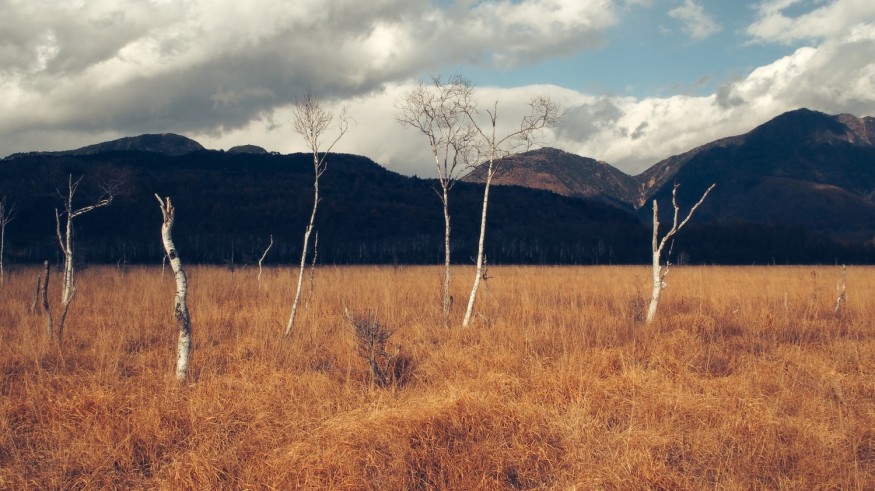
25 dead tree saplings were caused by negligence and an essentially non-existent watering procedure in Portland.
30 Tree Saplings in an East Portland Neighborhood
A little more than two years ago, the Portland Bureau of Transportation planted around 30 saplings in a grassy triangle of Mill Park an East Portland neighborhood using federal infrastructure funding.
The labels still on the saplings listed the trees as Douglas firs, Japanese maples, and redwoods.
The city hired a contractor to plant the trees over the course of a year, and they were then watered for the next year by placing 15 to 20 gallons of water per week in heavy-duty green bags placed around the bases of the young trees.
Unimplemented Watering Procedures and 25 Dead Tree Saplings
According to PBOT spokesperson Hannah Schafer, the city's contract with that business expired on March 31 of this year.
New trees thereafter became the responsibility of PBOT, owner of the triangle.
There is only one issue: the agency admitted that it has stopped watering the trees. Now that several of the saplings are dead or nearing dehydration, they will probably need to be removed.
Nearby resident Ray Johnson says it's a huge letdown but not unexpected.
Johnson believed that if these trees had been placed in a wealthier area of the city, such as the West Hills, their watering needs would have been taken care of.
According to Schafer, the bureau just trims trees for visibility and to clear brush; it is not their responsibility to water them.
They simply aren't equipped for or knowledgeable about performing further tree upkeep, the spokesperson explained.
Regardless of watering abilities, at least 25 of the triangle's trees appeared to be beyond saving last week.
Japanese maples, which are long and spindly and have no leaves on any of their bone-dry limbs, make up about a third of the sickly trees. Other dead trees include robust, bushy Douglas firs with brown, fragile needles.
Tree Planting Efforts in Portland
The tree canopy in East Portland is less than half as dense as it is on the west bank of the Willamette River, in a study by Portland State University's Urban Studies and Planning Department, where city leaders have concentrated their tree-planting efforts for years.
According to climate scientists, regions with less tree cover offer less protection from the blazing sun and are more likely to experience a climate disaster.
The terrible heat wave that struck Portland in the summer of 2021 and claimed 69 lives proved this prediction accurate.
Nearly a fifth of the city's heat-related deaths occurred in four ZIP codes east of 42nd Avenue last summer.
According to PSU climate expert Vivek Shandas, who tracks Portland's heat islands, the deaths in East Portland that summer should not have been a surprise.
As per Shandas, there is ample proof that this was a likely consequence.
The expert explained that people will continue to perish if the problems in these locations, which are frequently 15 to 20 degrees hotter, are not directly mitigated
City Planning Improvements
Government representatives have failed to protect tree canopy twice this year, the second occasion being PBOT's neglect to water the 30 trees in the traffic median.
According to news reports from back in June, the state is now cutting down 570 trees lining the road as part of a street-widening project that is taking place along a 67-block section of Southeast Powell Boulevard.
If trees in the triangle island need to be removed and replaced, it probably won't happen until next spring, according to Schafer, who also notes that there is a great deal of desire to add trees wherever it is possible in the initiatives to help combat the heat island effect, particularly in areas in East Portland where that problem is so prevalent.
According to Schafer, PBOT is collaborating with Portland Parks & Recreation's Urban Forestry team to assess several possibilities for the care of these trees in the interim.
Related Article : Colorful Rock Snake Ernie, Grows to 30 Feet on Utah Sidewalk
© 2025 NatureWorldNews.com All rights reserved. Do not reproduce without permission.





